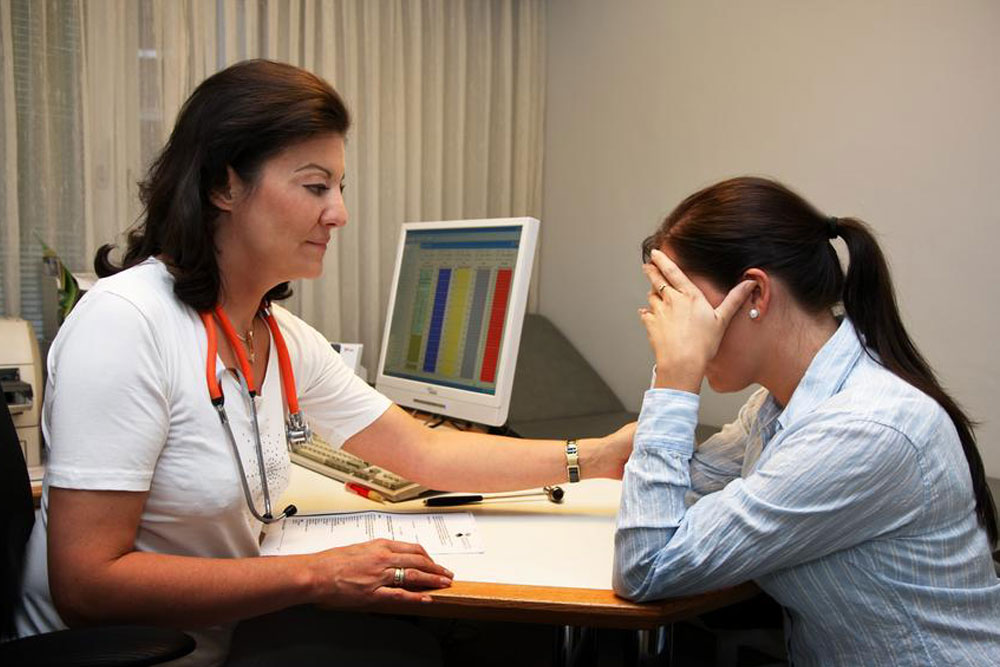Key Factors Influencing Prostate Cancer Diagnosis
This article explores the key factors influencing the diagnosis of prostate cancer, emphasizing early detection, symptoms, genetic testing limitations, and the role of counseling. It provides insights into proactive steps for at-risk individuals and highlights the importance of awareness and regular medical check-ups for effective management of prostate health.

Key Elements Affecting Prostate Cancer Detection
Prostate cancer ranks among the most common cancers diagnosed in men worldwide. The prostate, a small gland similar in size to a walnut, is vital for sperm nourishment and transport. Cancer develops when abnormal cells grow uncontrollably within the prostate. Initially, the tumor grows slowly and remains confined within the gland, posing minimal risk. However, if unchecked, it can spread aggressively, leading to serious health consequences.
Early detection through genetic screening or diagnostic tests significantly improves treatment success. Diversity in prostate cancer types exists, with more aggressive forms spreading faster. The condition predominantly affects older men, rarely seen in those under 40. Early diagnosis eases treatment and improves outcomes. Here are four critical factors that influence how prostate cancer is diagnosed:
What symptoms indicate prostate cancer?
In early stages, prostate cancer may not present noticeable symptoms. As it progresses, signs may include:
Urinary control issues
Blood in urine
Painful urination
Discomfort during ejaculation
Bone pain or fractures
Pain in the spine, pelvis, or ribs
Limitations of genetic testing for prostate cancer
Genetic screening offers benefits, aiding diagnosis and personalized treatment. However, limitations exist.
Testing is primarily available for men with a family history of prostate, breast, or ovarian cancers.
Sometimes, results do not conclusively predict risk, leaving uncertainties.
The process can be costly and often not covered by insurance.
Role of genetic counseling in prostate cancer screening
Genetic counseling helps individuals assess the necessity of testing and understand its purpose.
It educates about different screening options and potential outcomes.
Counseling discusses risks, implications, and personal considerations.
It supports families in coping with results and reduces potential regret.
Families are kept informed about new research and advancements related to prostate cancer.
Actions after a positive genetic test result
Consult with a healthcare provider to explore risk reduction strategies, including hormonal therapies.
Evaluate the suitability and benefits of medications, considering overall health.
Schedule regular medical check-ups, ideally every six months.
Implement preventive measures, possibly including surgical options.
Families should adapt lifestyles to lower risk factors associated with prostate cancer.










